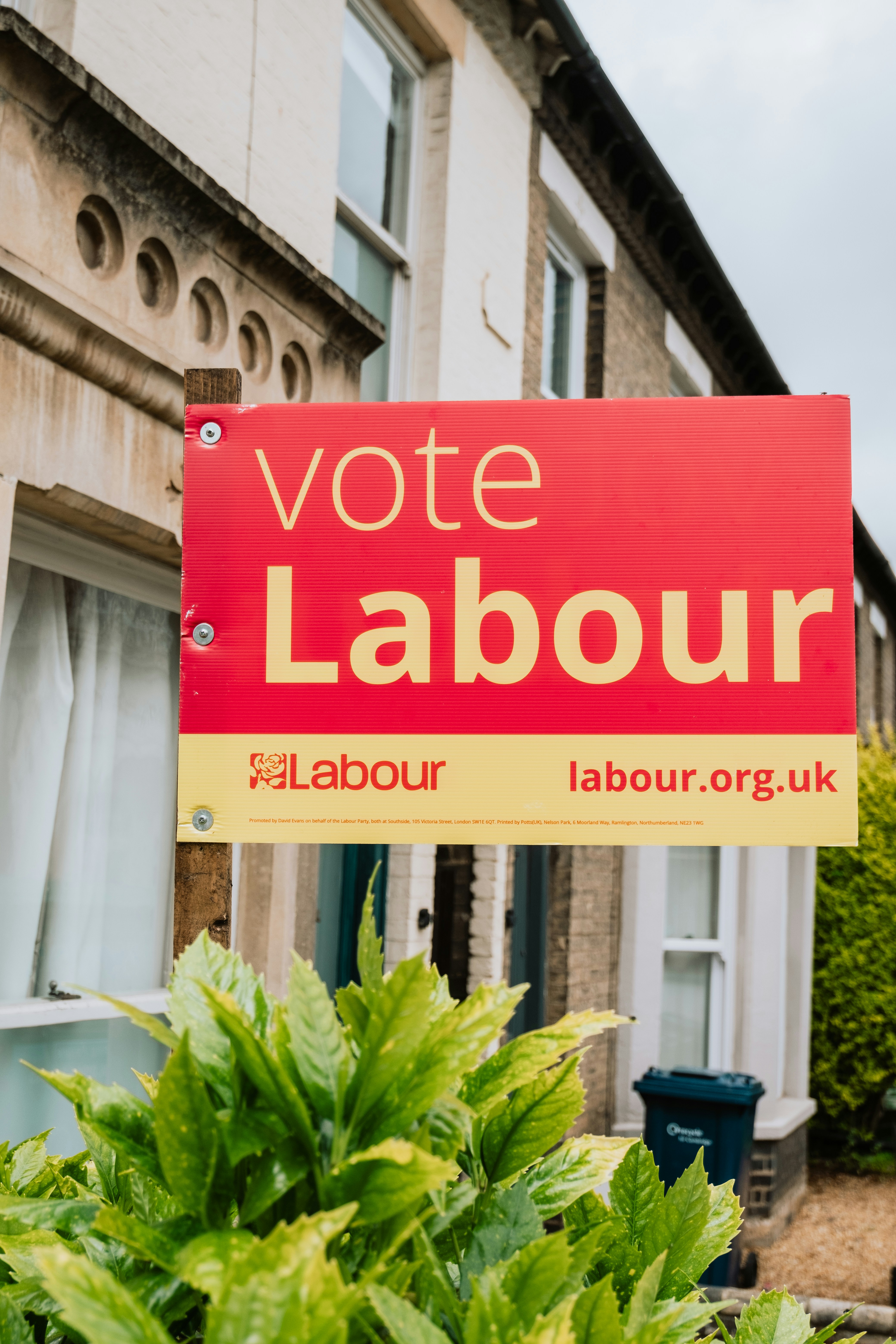Test- FTSE 100 Kicks Off August on a High as BP and Senior Lead Market Momentum
$11
10 Oct 2025, 13:13

Unsplash.com

Following his party's resounding victory in the general election, Sir Keir Starmer is poised to become the first Labour prime minister in the UK since 2010.
With a massive 174 parliamentary majority, Labour is regaining power in the wake of the Conservatives' drop in popularity.
Following his official appointment by the King at Buckingham Palace, Sir Keir will deliver his first address in Downing Street.
After that, he is anticipated to start naming his new cabinet on Friday afternoon, with its first meeting scheduled for Saturday.
The Tory party's record low of 249 seats and sharp 20 point decline in popularity has been a major factor in Labour's win.
It is a significant turnabout for Sir Keir's party, which had its lowest seat total (202), under Sir Keir's predecessor, Jeremy Corbyn, in the most recent election in 2019.
The party has gained 411 seats with just a few more to declare, coming up just shy of Tony Blair's record 179 majority in 1997, even though its proportion of the national vote has only increased by about 2%.
The Liberal Democrats achieved their best-ever result in a century with 71 seats, while Reform UK saw a breakthrough night that will see Nigel Farage join the ranks of four MPs. It was a strong night for smaller parties as well.
Even though Labour made relatively few fresh policy promises during Sir Keir's cautious campaign, the party was able to hold onto its sizable polling advantage over the Tories until departing Tory PM Rishi Sunak called for an election in May.
This lead in the polls has been stable since Liz Truss's catastrophic premiership, during which she lost her safe seat in South West Norfolk.
Labour lost some historic strongholds to independent candidates running on pro-Gaza platforms, although winning handily overall.
(Sources: bbc.co.uk)